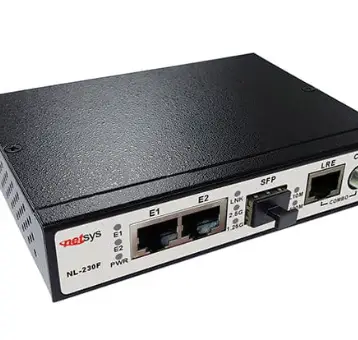Arbitrage bidding in online advertising borrows heavily from the high frequency trading world of wall street. In arbitrage bidding, as is the case in high frequency trading, advertising inventory changes hands multiple times in a matter of milliseconds as it is shunted higher up the demand cycle. Arbitrage bidders skim off tiny amounts of profits as the ad inventory is bought and sold. They insert themselves in the sales cycle of online ad inventory to take advantage of the miniscule differences in price between various ad exchanges and Supply Side Platforms (SSPs). Arbitrage bidders continuously scan various SSPs for underpriced ad inventory buy it and then sell it at a profit to other ad exchanges where the inventory is priced higher.
 In order to understand how Arbitrage bidding works, let us first take a look at how online ad inventory is bought and sold. The Adtech industry is increasingly automating the process of buying and selling online ads. This is accomplished through the use of the Real Time Bidding (RTB) protocol which enables publishers and ad exchanges to put ad inventory up for auction. The RTB process allows advertisers and Demand Side Platform (DSPs) to bid on ad impressions, individually or in bundles, as soon as they become available, and display the ad of the winning advertiser. When a user visits a website a cookie containing the demographic information of the user is sent to an ad exchange. The ad exchange further requests various DSPs and ad agencies to bid on the ad space. The DSP with the highest bid is offered the ad space and its ad is displayed to the user. An ad serving process to display a single ad can comprise of up to 12 such exchanges bringing in various other Adtech industry players like third party data providers and Data management platforms (DMPs). This process is completed during the time it takes the user to type in a website address to when the page is fully loaded.
In order to understand how Arbitrage bidding works, let us first take a look at how online ad inventory is bought and sold. The Adtech industry is increasingly automating the process of buying and selling online ads. This is accomplished through the use of the Real Time Bidding (RTB) protocol which enables publishers and ad exchanges to put ad inventory up for auction. The RTB process allows advertisers and Demand Side Platform (DSPs) to bid on ad impressions, individually or in bundles, as soon as they become available, and display the ad of the winning advertiser. When a user visits a website a cookie containing the demographic information of the user is sent to an ad exchange. The ad exchange further requests various DSPs and ad agencies to bid on the ad space. The DSP with the highest bid is offered the ad space and its ad is displayed to the user. An ad serving process to display a single ad can comprise of up to 12 such exchanges bringing in various other Adtech industry players like third party data providers and Data management platforms (DMPs). This process is completed during the time it takes the user to type in a website address to when the page is fully loaded.
Arguably the most important and time intensive part of the RTB process is back and forth communication between ad exchanges and DSPs. During the RTB process bids have to arrive at the ad exchanges or SSPs within 100ms. This time comprises both think time and the time required for the bid requests to complete a round trip over the network. After making an allocation to computation time and network congestion which can result in frequent bottlenecks in network traffic, only 40 milliseconds is left for the round trip transit over the network.
Arbitrage bidders insert themselves into this tiny fraction of a second between the SSPs and DSPs. To take advantage of the price variations between the various exchanges they have to come out in front of the RTB process. Arbitrage bidding is viable because of two factors in the Adtech landscape. Ad exchanges do not talk to each other very well which gives rise to price differences that can be taken advantage of. This loophole, however is becoming harder and harder to utilize in the face of increasing interconnections between ad exchanges. The strict time constraint on the RTB process opens up another avenue for arbitrage bidders to win auctions. The fact some DSPs and ad agencies cannot respond to RTB auctions in time gives arbitrage bidders the opportunity to swoop in and win the auction. Network latency and the vagaries of the public internet with frequent congestion and traffic bottlenecks means that the bid requests of some DSPs and ad agencies do not get to the ad exchanges in time. Arbitrage bidders with reduced network latency can take advantage of this to submit their bids in time to win auctions.
Low Network latency is also central to the viability of the arbitrage bidding process itself. Because they insert themselves into the sales cycle of ad inventory bidders add another set of requests in the already complicated RTB bidding process. This chips off crucial milliseconds off the RTB process which have to be compensated for by reducing Network Latency. Not only do arbitrage bidders need to be quick to submit bids they also have to be quick about selling bid impressions to other ad exchanges, or end up with dead impressions on their hands, with the users having already navigated to another webpage. In the arbitrage bidding industry, you are either quick or dead.










